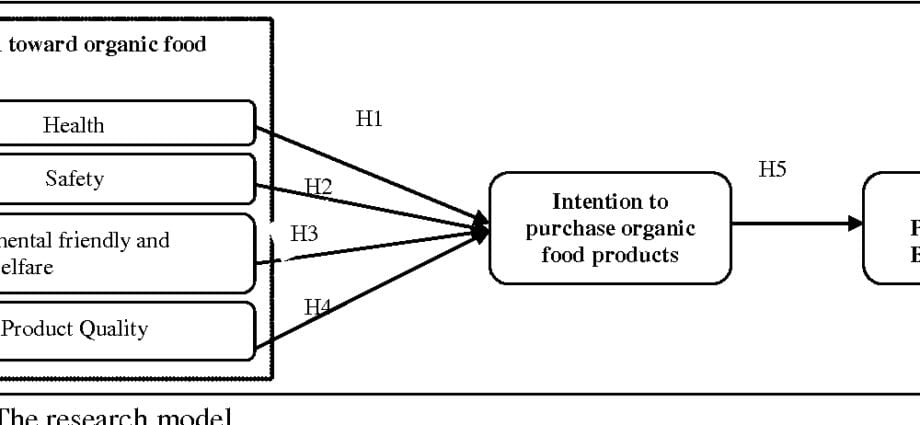According to research by the Environmental Working Group, a nonprofit Environmental Working Group, there are vegetables and fruits that are least susceptible to pesticides. Here are the 15 die-hard and unyielding ones:
And here are 11 sissies that are best bought in organic stores. Chemical fertilizers have the greatest impact on them:
Undoubtedly, there are many other factors that affect the naturalness of the product and its natural purity. In addition to the effects of pesticides, vegetables and fruits are susceptible to rainfall and winds, they grow in soil, which is also not always clean and perfect. Nobody canceled the benefits of manual harvesting of fruits, so make your choice yourself!
But this is all an outside view. In Russia, namely in the Middle Lane, things are different. The accumulation of nitrates directly depends on the amount of sun received. Therefore, American statistics will be very different from ours. It is customary for us to divide plants according to their ability to accumulate nitrates. Three groups have been identified:
1.High content (up to 5000 mg / kg): lettuce, spinach, beets, dill, collard greens, radishes, green onions, melons, watermelons; 2. With an average content (300-600 mg): cauliflower, zucchini, pumpkin, turnip, radish, white cabbage, horseradish, carrots, cucumbers; 3. Low in content (10-80 mg): Brussels sprouts, peas, sorrel, beans, potatoes, tomatoes, onions, berries.
And remember, excessive nitrogen addiction (popularly replaced by manure) leads to the accumulation of nitrates. But this is already a recommendation for gardeners! But gastronomic advice: if you still suspect a vegetable or fruit in the accumulation of nitrates, be sure to remove the top leaves of cabbage and no stubs. Cut carrots, beets and cucumbers from the top and bottom by 1-1,5 cm, because this is where all the harm accumulates.










